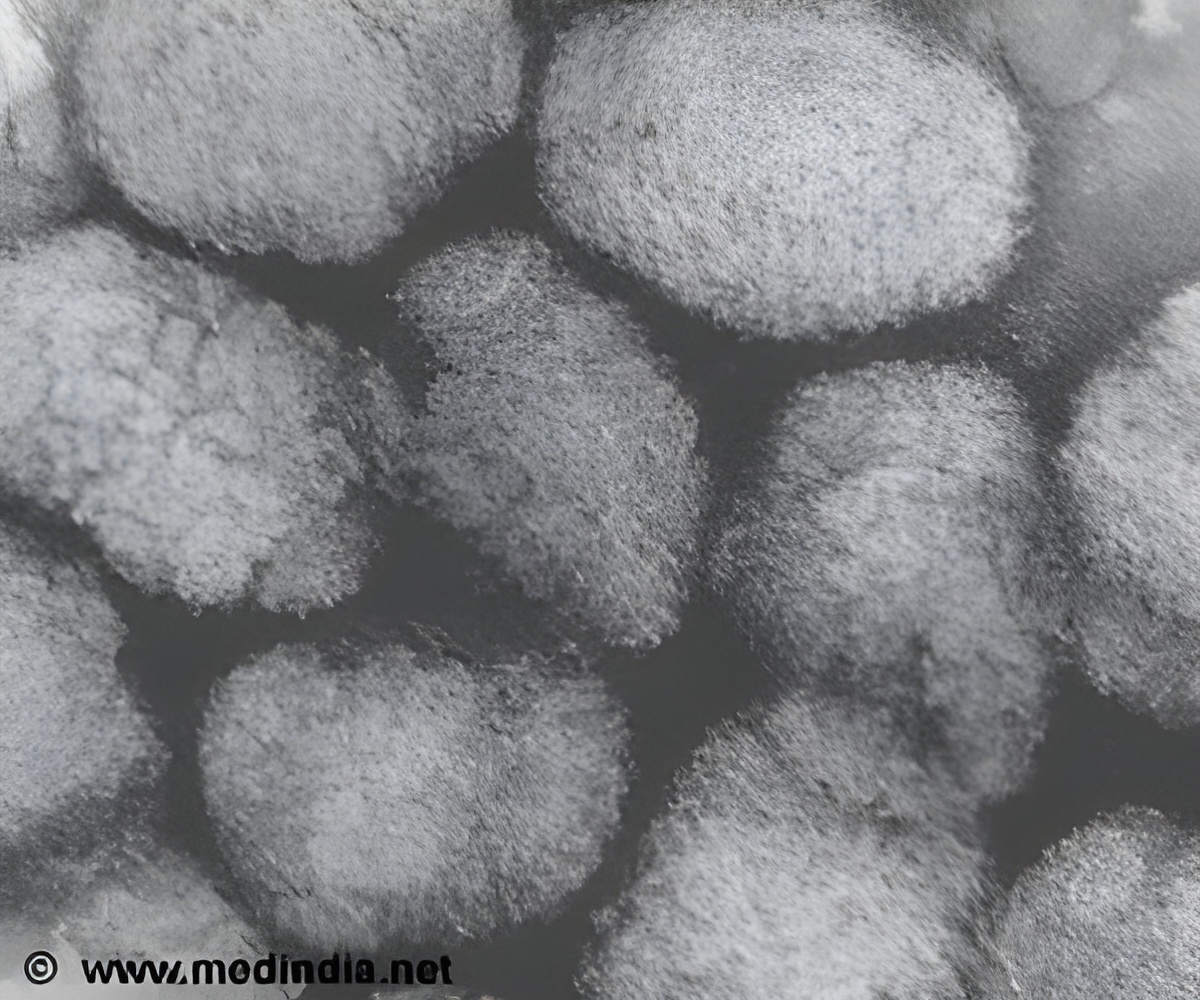
The poorest countries in the region are especially impacted by this neglected tropical disease (NTD) because of the insect's propensity to live in impoverished communities that lack quality housing, access to essential medicines and vector control practices. However the new study found that while the burden is considerable in Latin America, it is also significant in parts of the world not traditionally considered risk areas for Chagas disease, such as in North America and Europe.
The study estimates that the global economic cost of Chagas disease exceeds USD $7 billion annually. This cost surpasses that of rotavirus ($2 billion) and cervical cancer ($4.7 billion). Even in the United States, the economic burden of Chagas disease is comparable to the burden of much more publicized infectious diseases such as Lyme disease. According to the study, currently infected individuals will result in more future health care costs occurring in the United States (approximately $6.7 billion) than any other country.
"Lost productivity is a big part of the cost," said the study's lead author, Dr. Bruce Lee. "By just focusing on health care costs, or simple measures such as death caused by the disease, we miss a lot of the burden. We must examine the crucial impact lost productivity can have on society, businesses, governments and other key stakeholders."
Quantifying the economic burden of Chagas disease can help guide public health policy decisions, according to the study's co-author, Dr. Peter Hotez.
"We now have more evidence that Chagas disease is more than just a burden on human health in some of the poorest countries. All around the world, Chagas disease has a huge economic impact," said Dr. Hotez. "This new data should help inform policy decisions that will prioritize Chagas disease on research, policy and development agendas. This should include support for developing new vaccines for Chagas disease."
Advertisement
"Further studies quantifying Chagas disease-related costs on a regional or country level will help policymakers and other decision makers establish necessary control measures," added Dr. Hotez.
Advertisement
Source-Eurekalert










